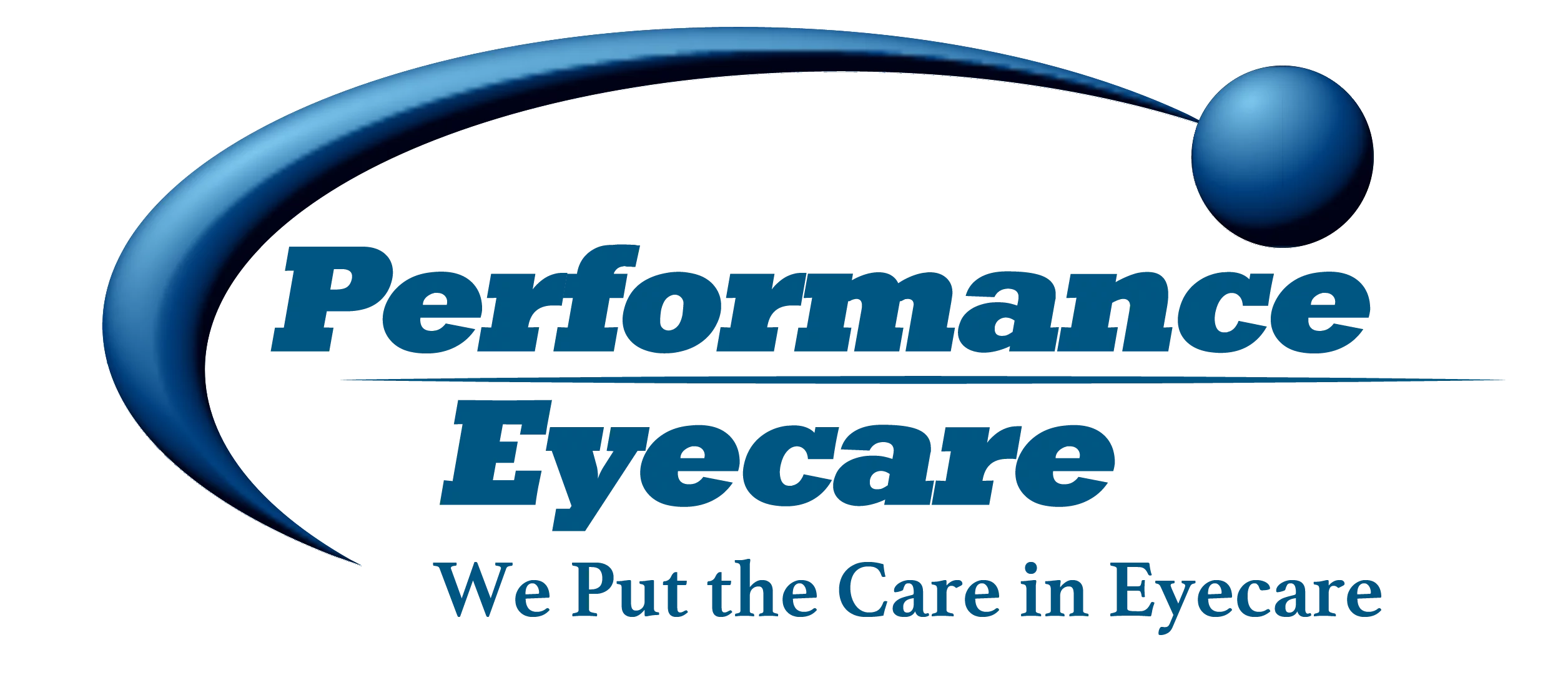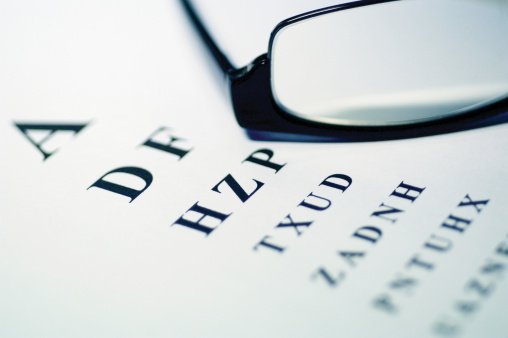Understanding Retinal Detachment
Retinal detachment is a severe, and often sudden, eye condition that occurs when the retina – a tissue in the back of the eye – separates from its life-sustaining blood vessels. The stealthy nature of retinal detachment makes early detection challenging.Bbut time is critically important when it comes to preventing irreversible damage to your sight. … Read more

